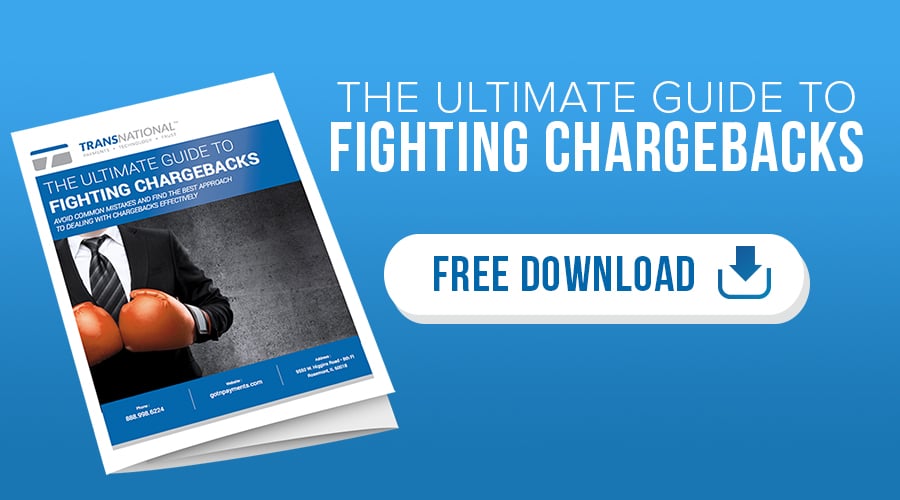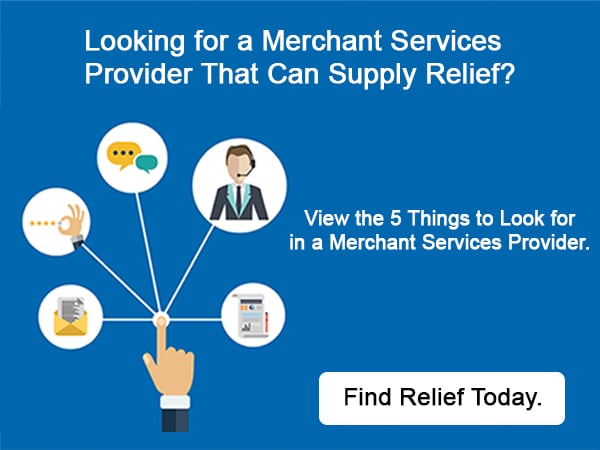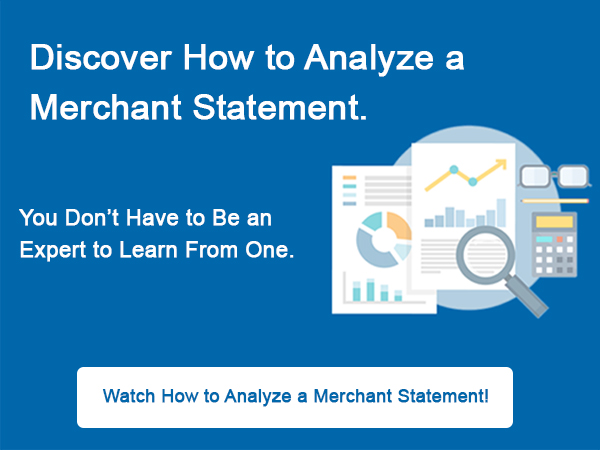 Surely when asked, small business owners know what credit card fraud is, or at the very least have an idea, however, most small business owners don't really think about credit card fraud until it's too late.
Surely when asked, small business owners know what credit card fraud is, or at the very least have an idea, however, most small business owners don't really think about credit card fraud until it's too late.
Fraud and Chargeback Prevention
What is a chargeback? A chargeback is a transaction reversal. The credit card processor withdraws the disputed transaction amount from the merchant's bank account. The merchant may be given a chance to dispute the chargeback and may win. But if they lose, and they've already shipped or delivered the product, they lose not only on the sale but also their cost of goods for the item they shipped, their shipping costs and any other costs associated with the transaction. Even further, merchant account providers also charge merchants a chargeback fee for each disputed transaction.
Chargebacks can add up to pretty substantial sums in some cases. A California business owner had to borrow from friends and family to make good on $14,000 worth of fraudulent charges made on stolen cards one year. The following year, the owner implemented procedures to screen out possible fraudulent orders and refused to ship $25,000 in orders that seemed suspicious.
“Friendly” Fraud vs. Stolen and Fake Cards
Stolen and fake credit cards aren’t the only cause of chargebacks. Sometimes the cardholder who purchased the item is the perpetrator of the fraud. Merchant errors can also be the cause of chargebacks.
Unfortunately, the problems begin to arise when cardholders take advantage of them either for personal gain or simply due to not understanding how the process works. To learn more about friendly fraud read our Why Friendly Fraud Isn't So Friendly After All blog.
How to Handle Chargebacks
Handling chargebacks can be quite time-consuming. The first thing the merchant needs to do is to “determine the true source of the chargeback.” Is it fraud? Did the item get lost in shipping or delivered to the wrong address? Did the merchandise arrive damaged?
The merchant needs to get all the information available about the transaction from the bank, then assemble a compelling case for representment. That will include evidence demonstrating the transaction was legitimate, plus supporting documentation to give it context. All the documentation needs to be sent back to the processor, who will decide the outcome.
How to Spot Fraudulent Orders and Avoid Chargebacks
There’s no foolproof way to avoid chargebacks altogether, however, there are definitely things you can do to minimize your risk. When dealing with customers face-to-face, you have a much better chance of recognizing a fake credit card by looking over the card carefully — check the appearance of the card, the numbers on the card, the magnetic strip and the hologram.
Online sales are a different story as you don't have the option to check the card in person, but there are still steps you can take to reduce the chance of fraud. Here are 5 tips to get you started:
- Use address verification (AVS) and card code verification (CCV) for all card-not-present sales (i.e., online and mail order sales).
- Include a reminder on your Thank You page telling the purchaser to save their receipt and use it to reconcile their credit card statement.
- Email the customer a copy of the receipt that includes what was purchased, the expected shipping time, and the name of your company.
- Notify the customer if there is going to be a shipping delay. If the order will take longer than usual to ship, give the customer the option of waiting or canceling their order and refunding their money.
- Be on the lookout for suspicious sales such as unusually large orders without any contact from the customer, rush orders for large quantities or high-priced goods or orders that are shipped to a different address than the billing address.
Chargebacks cost money and, if they occur too often, can lead to highly unfavorable consequences for your business. At TransNational Payments, we have two decades of experience in helping thousands of merchants deal with chargebacks and better credit card processing — discover more ways you can avoid them with TransNational Payments!












 Facebook
Facebook Twitter
Twitter LinkedIn
LinkedIn Youtube
Youtube Glassdoor
Glassdoor